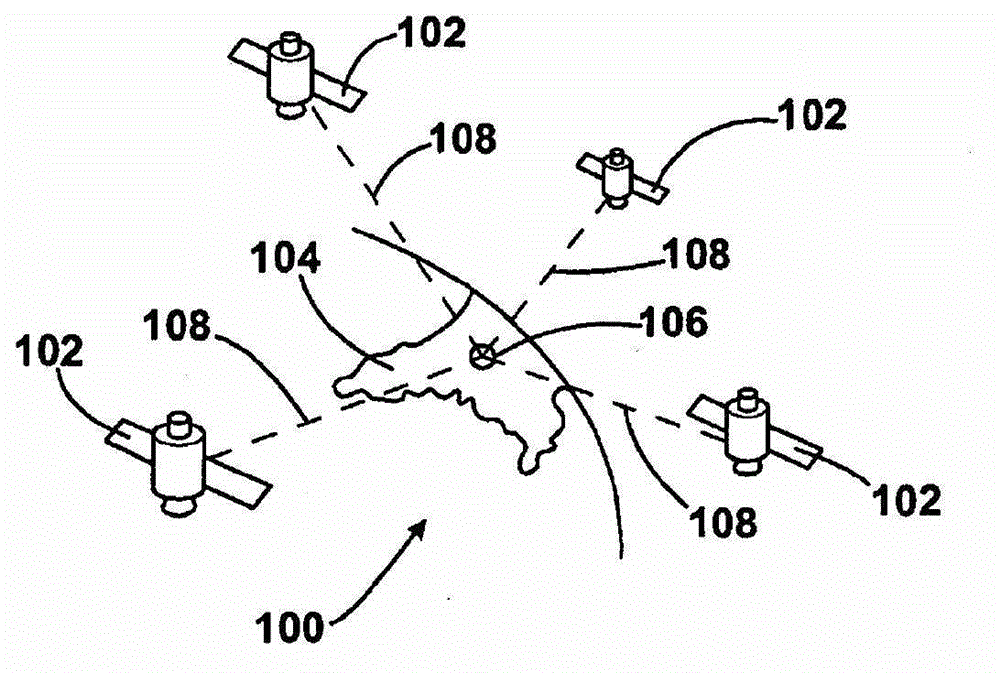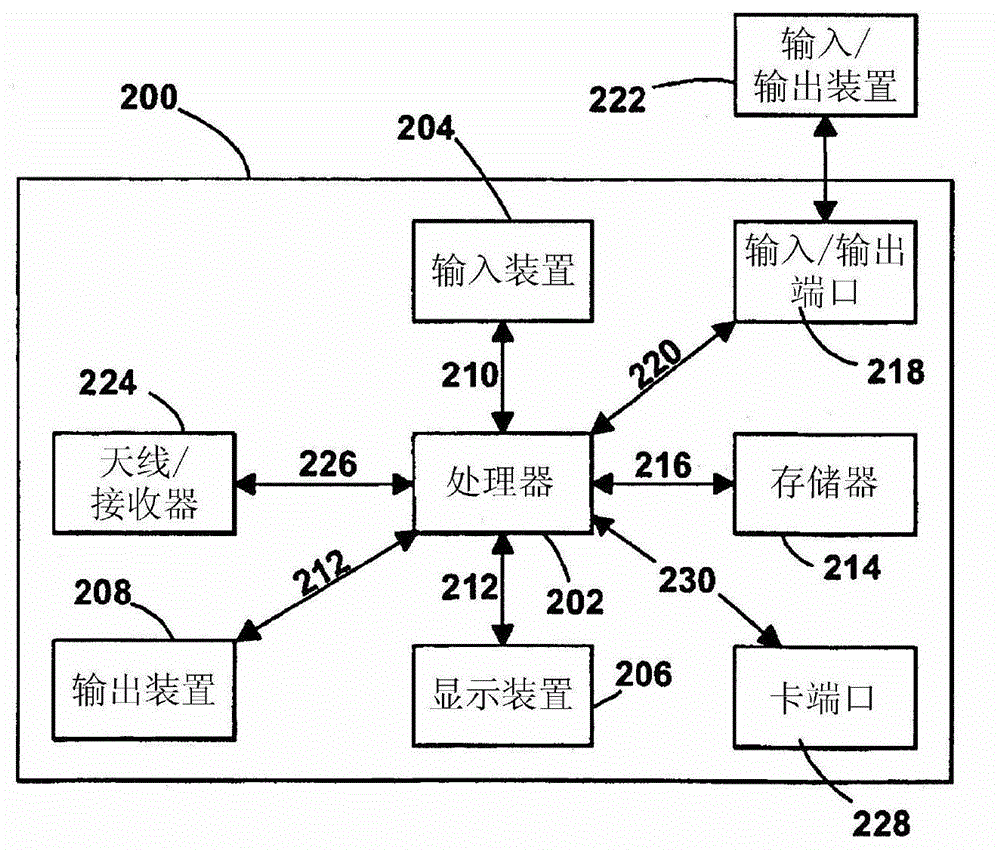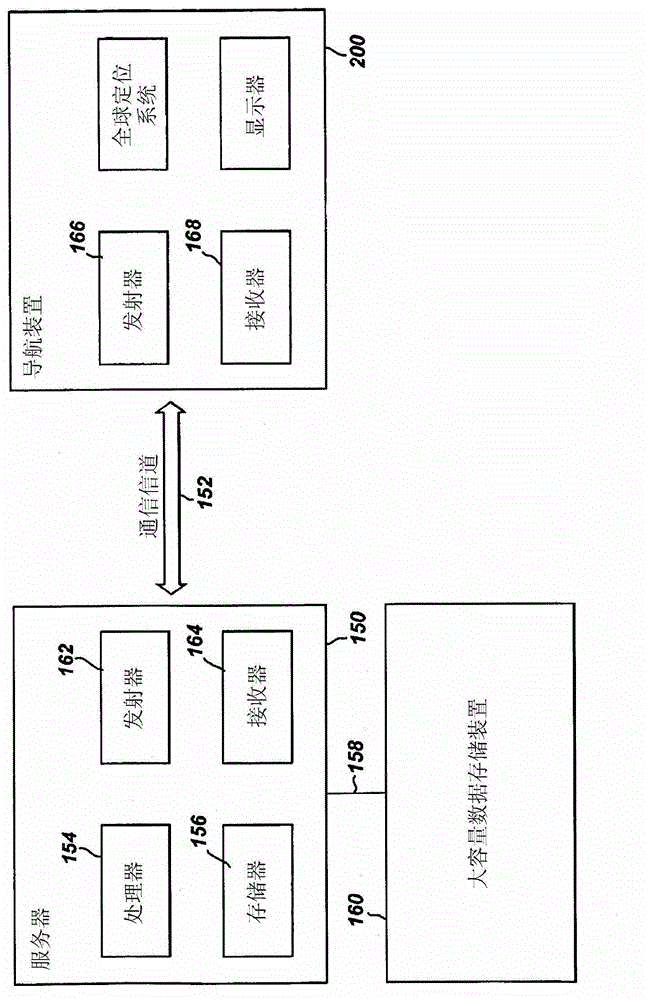Navigation devices and methods carried out thereon
A technology for navigating a route and a destination, which is applied to a navigation device and its implementation field, and can solve problems such as increasing the time for determining a route.
- Summary
- Abstract
- Description
- Claims
- Application Information
AI Technical Summary
Problems solved by technology
Method used
Image
Examples
example
[0294] Example: Assume 100x10x5 precincts with the following partition: 100 precincts at coarse level 0, 10 precincts at intermediate level 1, and 5 precincts at detailed level 2.
[0295] In the file at level 0, the section containing the neighbor list will contain:
[0296] • A number of 100 indicating the length of the list of 100 regions at level 0. The number of bits is calculated according to BitsRequired (required bits) (longestListLength-shortestListLength (longest list length-shortest list length)). Each number is relative to the shortest list at that stage (the shortest list is stored in the header).
[0297] • Next is the content of 100 lists (100 pairs). The first element of each pair is encoded on 7 bits (because there are 100 regions at level 0), and the second element of each pair is encoded on 4 bits (because there are 10 regions at level 1) .
[0298] In the file at level 1, the section containing the neighbor list will contain:
[0299] · · 100 x 10 = 10...
PUM
 Login to View More
Login to View More Abstract
Description
Claims
Application Information
 Login to View More
Login to View More - R&D
- Intellectual Property
- Life Sciences
- Materials
- Tech Scout
- Unparalleled Data Quality
- Higher Quality Content
- 60% Fewer Hallucinations
Browse by: Latest US Patents, China's latest patents, Technical Efficacy Thesaurus, Application Domain, Technology Topic, Popular Technical Reports.
© 2025 PatSnap. All rights reserved.Legal|Privacy policy|Modern Slavery Act Transparency Statement|Sitemap|About US| Contact US: help@patsnap.com



